* U.S. June CPI unexpectedly turns negative on a month-over-month basis
* Tech's seven giants record the largest selling scale in nearly a year
* Fed's Daly: It's better to ease monetary policy sooner rather than later
On Thursday, July 11th, local time, the three major U.S. stock indices closed mixed, with the Nasdaq Composite Index ending its previous six-day streak of record highs due to significant declines in shares of Nvidia, Apple, and Tesla. The index suffered its largest single-day drop since April 30th, with funds rotating to small-cap stocks. This followed the release of the U.S. June CPI data, which increased market bets on a Federal Reserve rate cut in September.
By the close, the Dow Jones Industrial Average had risen by 32.39 points to 39,753.75, a gain of 0.08%; the S&P 500 index of 500 stocks fell by 49.37 points to 5,584.54, a decrease of 0.88%; the Nasdaq Composite Index dropped by 364.04 points to 18,283.41, a decline of 1.95%.
In terms of sectors, due to inflation data triggering bets on the Federal Reserve cutting rates as early as September, the technology and communication services sectors led the S&P 500's eleven major sectors with declines of 2.74% and 2.56%, respectively. The real estate and utilities sectors led the gains with increases of 2.66% and 1.83%, respectively.
The so-called "tech seven giants" recorded the largest selling scale in nearly a year. Among them, Tesla fell by over 8%, ending an 11-day winning streak, with its market value shrinking by $185 billion. Nvidia fell by over 5%, Meta by over 4%, and Apple, Microsoft, Google, and Amazon all fell by over 2%.
Due to investors betting that a rate cut would improve the conditions for small businesses, the Russell 2000 index, representing small-cap stocks, soared by 3.6%, closing at its highest level since March 2022.
On July 11th, data released by the U.S. Department of Labor showed that the U.S. Consumer Price Index (CPI) for June slowed to a year-over-year increase of 3% from 3.3% in May, the lowest rate since June last year; on a month-over-month basis, it shifted from being flat in May to a decrease of 0.1% in June, a 0.1 percentage point drop from the previous month, marking the first negative growth since May 2020.
San Francisco Fed President Daly said in a telephone conference with the media on Thursday that, given recent inflation and employment data, she is more convinced that it is better to ease monetary policy sooner rather than later. "Based on the information we have received so far, including data on employment, inflation, GDP growth, and economic prospects, I think some policy adjustments may be necessary." However, Daly refused to disclose when she thinks it would be appropriate for the Federal Reserve to cut rates.At this critical juncture, as I have previously stated publicly, I believe that directive forward guidance, including the number and timing of rate cuts, is actually not optimal," Daly said, adding that it is clear that the risks to the Federal Reserve's dual mandate of price stability and full employment have been better balanced.
According to the CME's FedWatch tool, traders currently believe there is a more than 90% chance that the Federal Reserve will cut interest rates at the September meeting.
Sam Stovall, Chief Investment Strategist at CFRA Research, said, "I think investors now believe that the Federal Reserve is ready to start cutting interest rates."
Currently, market focus has shifted to Friday's Producer Price Index (PPI) data to understand the trajectory of inflation, as well as the second-quarter earnings of major banks.
According to FactSet estimates, second-quarter earnings per share for S&P 500 companies are expected to grow by 8.8% year-over-year, slightly below the 9.1% forecasted as of March 31.
In terms of individual stocks, Delta Air Lines closed down 4% after the company's forecast for this quarter's profits fell short of expectations. Other major airline stocks also followed suit, with the S&P 500 Passenger Airlines Index falling by 2.7%.
Scott Helfstein, Head of Investment Strategy at Global X, said, "This could be where consumers feel the pressure of inflation, reflected in spending on non-essential consumer goods such as airline tickets."
Citigroup fell 1.9% after U.S. banking regulators fined it $136 million.
Conagra Brands, a packaged food manufacturer, fell 1.5% after the company's forecast for full-year revenue and profits fell short of expectations.
In the commodity market, international oil prices rose on Thursday. As of the close of trading that day, the August delivery of light crude oil futures on the New York Mercantile Exchange rose by $0.52, closing at $82.62 per barrel, an increase of 0.63%. The international gold price rose, with COMEX gold futures rising by $42.2, an increase of 1.77%, to $2,421.9 per ounce as of the close of trading that day.
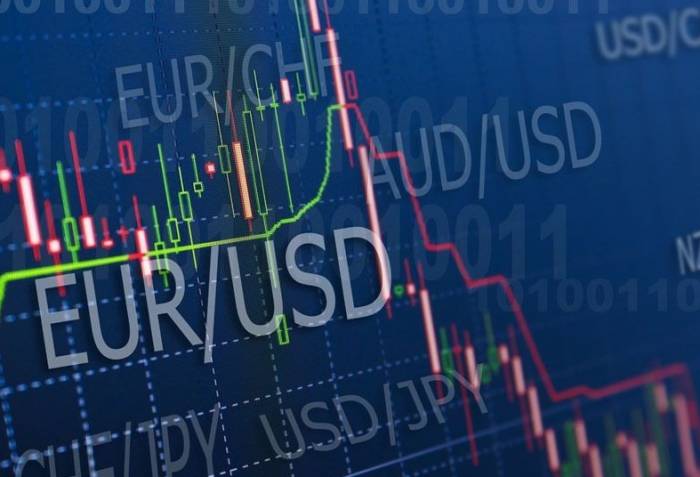
















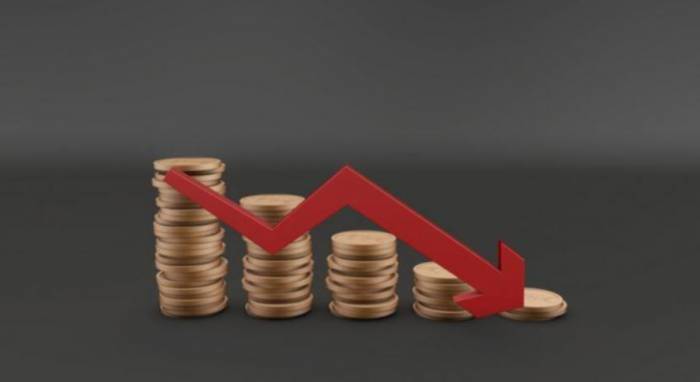


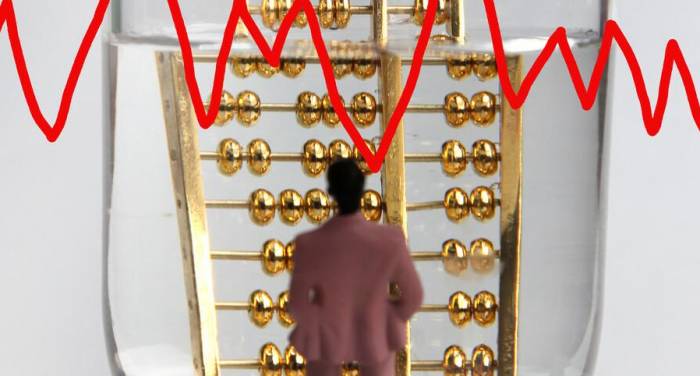

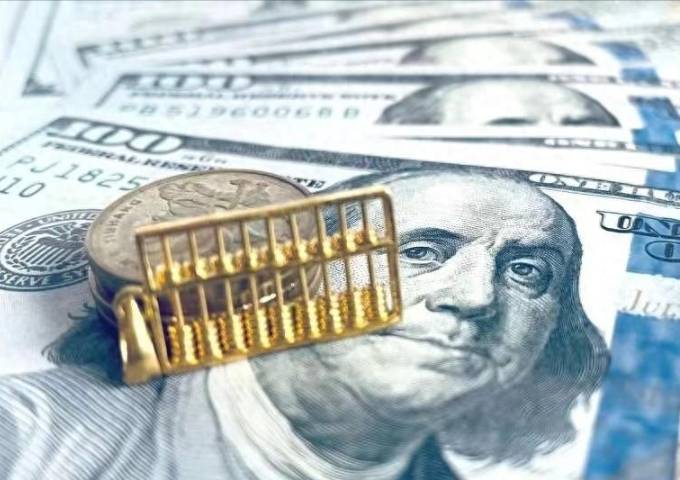






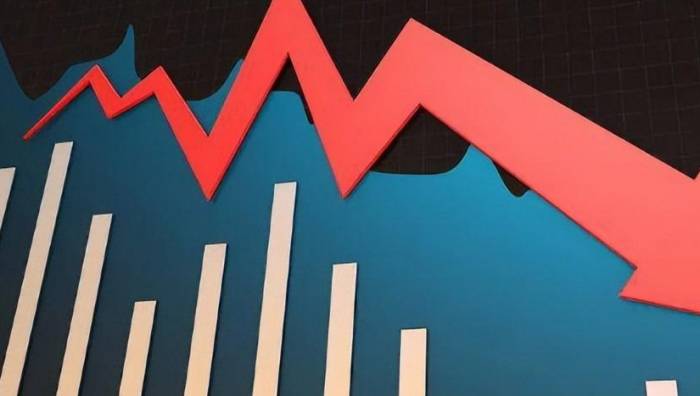
Share Your Thoughts
We value your insights and perspectives